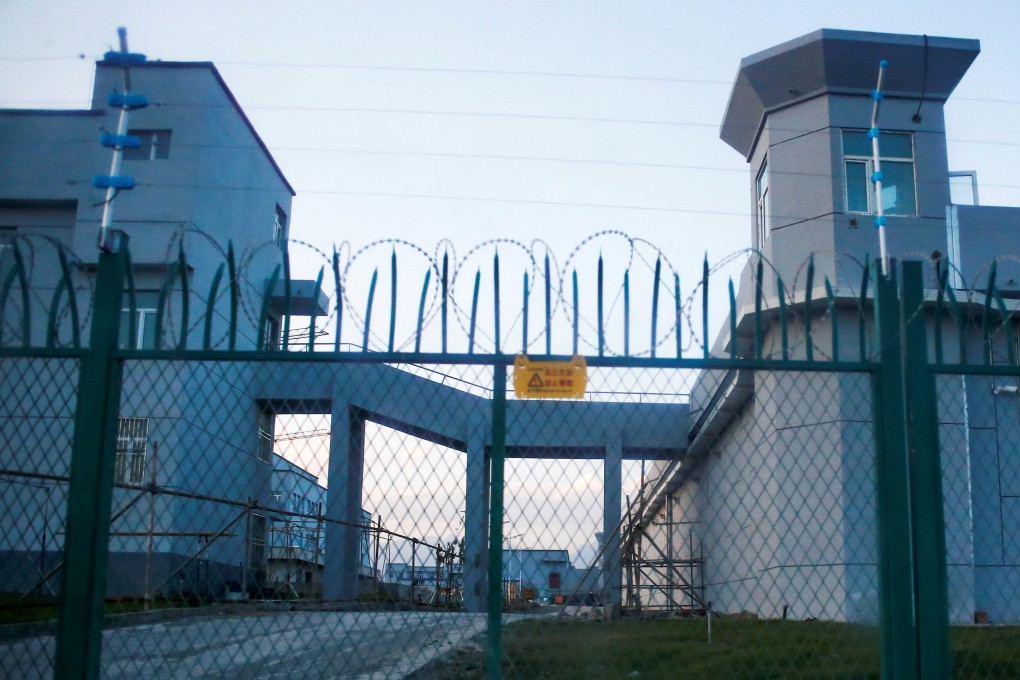Advertisement
Opinion | Why Chinese feel free to dismiss America’s human rights concerns in Xinjiang
- The anti-imperialist language adopted by China should remind US policymakers why they have failed to convince the world of human rights abuses in Xinjiang
- America’s foreign policy double standards have given Beijing an excuse to practise ‘whataboutism’ as well as undermined the credibility of its claims
Reading Time:3 minutes
Why you can trust SCMP
90

Retailers such as H&M and Nike are facing fury and boycotts from China after expressing concerns over the use of forced labour in Xinjiang’s cotton fields. As of last Friday, the hashtag #ISupportXinjiangCotton has received 4.5 billion views and 28 million discussions on Weibo, China’s Twitter-like platform.
Apologists for China’s onslaught of Uygurs are adopting the rhetoric of anti-imperialism. “Chinese people won’t swallow this,” the Communist Youth League wrote, suggesting Western boycotts of Xinjiang cotton are a national humiliation. Foreign Ministry spokeswoman Hua Chunying drew parallels between America’s criticism of China’s Xinjiang policy and its accusation that Iraq possessed weapons of mass destruction.
“[T]oday’s China is neither Iraq nor Syria, still less the late Qing dynasty downtrodden by the Eight-Power Allied Forces,” she said.
Advertisement
The anti-imperialist language should remind US policymakers why they have failed to convince the people of China of human rights abuses in Xinjiang. While US diplomats like Mike Pompeo have urged the Chinese people to work with the United States and change the Communist Party’s behaviour, such wishful thinking ignores the fact that ordinary Chinese do not see America as a force of good.
To them, American intervention in Xinjiang is an imperial overreach based on calculations of national interest, not ethical considerations.
Advertisement
It is a throwback to America’s invasion of Iraq and therefore must be guarded against. Arguably, when it comes to failure to hold China accountable in Xinjiang, America has no one to blame but its own history of foreign policy double standards.
Advertisement
Select Voice
Select Speed
1.00x
